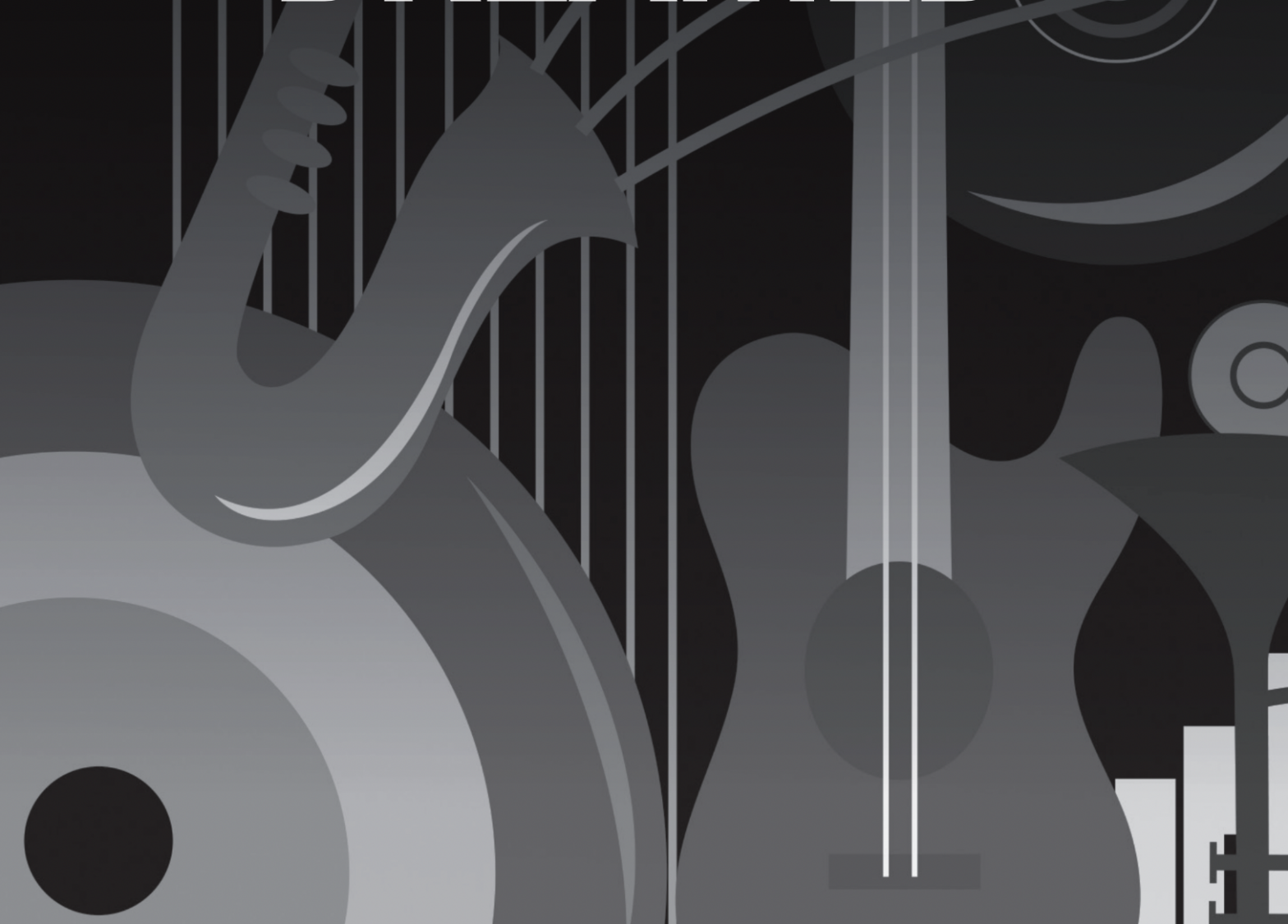Before We Dreamed
July 22, 2022

In 1958, Don and Phil Everly recorded their sensational hit, “All I Have to Do Is Dream.”
It quickly became a number-one international hit and remains heralded as one of the greatest songs of all time. Like any good musicians, the Everly Brothers synthesized the sounds of their predecessors creating a style of music-making that was at once new and nostalgic. Their sound later became known as country rock, blending rock and roll, country, and pop. In today’s performance, we’ll learn how the Everly Brothers themselves shaped the next generation (and each of the subsequent generations) of American musicians. Before that, let’s explore the path music took before we “Dreamed” along to their familiar tunes.
The “rock and roll” style of music was born out of the 1940s and ‘50s, emerging as a repackaged variant for white audiences of the rhythm and blues genre. “Rhythm and blues” was itself a renaming of a genre known widely as “race music”, a term that was originally an empowering nomenclature echoing the use of the term “race” by the African-American press to galvanize supporters of equal rights. Most music historians would name the sensational Chuck Berry, a brilliant Black singer and guitarist from St. Louis, as “the father of rock and roll”. But even then, it is almost impossible to pinpoint the birth of a stylistic movement. Some musicologists suggest that rock and roll was born right here in Texas, tracing the movement’s origins to T-Bone Walker (Aaron Thibeaux Walker), a Black-Cherokee musician from Linden. It was no secret that Chuck Berry idolized T-Bone Walker as a teen and emulated much of Walker’s style in both his music and his stage presence.
Then in 1955, another milestone hit rock and roll when Bo Diddley appeared on the Ed Sullivan show, surprising even Ed himself when he played his self-titled single. That vaulted the beat now known as “Bo Diddley” into the popular lexicon and dubbed Bo Diddley himself “the Originator” for his role in the transition from blues to rock and roll.
In a 2013 interview, Don Everly shared that his influences came directly from the rhythm and blues sound because of its raw power. “The first time I heard the song Bo Diddley in 1955, it just nailed me. I remember thinking, ‘I’ll never be able to have that type of rhythm in any kind of country music.'”
When their debut single, “Bye Bye Love”, was first created, it was a fairly straightforward tune. Then Don added in a Bo Diddley beat and a hit – and the duo’s shot at stardom – was born three years after the primetime Ed Sullivan moment. They went straight to number one on the charts, unheard of for new musicians.
The “raw power” that Don was so drawn to was created by Black musicians like Berry, Walker, and Bo Diddley drew from a rich legacy of music-making born of the anguish and resilience of their enslaved ancestors that formed the backbone of the American sound. W.E.B. Du Bois, in The Souls of Black Folk, describes this genealogy of sound in the most eloquent extant definition:
“…the Negro folk-song—the rhythmic cry of the slave—stands today not simply as the sole American music, but as the most beautiful expression of human experience born this side of the seas. It has been neglected, it has been, and is, half despised, and above all it has been persistently mistaken and misunderstood; but notwithstanding, it still remains the singular spiritual heritage of the nation…”
While we listen to the music of the Everly Brothers today, we’ll also hear the echo of African-American spirituals, jazz, blues, and sorrow songs, all stacked together, forming an entirely new foundation for the artists that would inherit the mantle of popular rock and roll—The Beatles, The Beach Boys, Simon & Garfunkel. Without the contributions of Black artists and creators who shaped the path of modern music, we wouldn’t have ever been able to dream with Don and Phil Everly.

Photo by Melissa Taylor
Ben Hope and Eric Anthony in Stages’ world premiere production of Dream: The Music of the Everly Brothers



Watch the Trailer